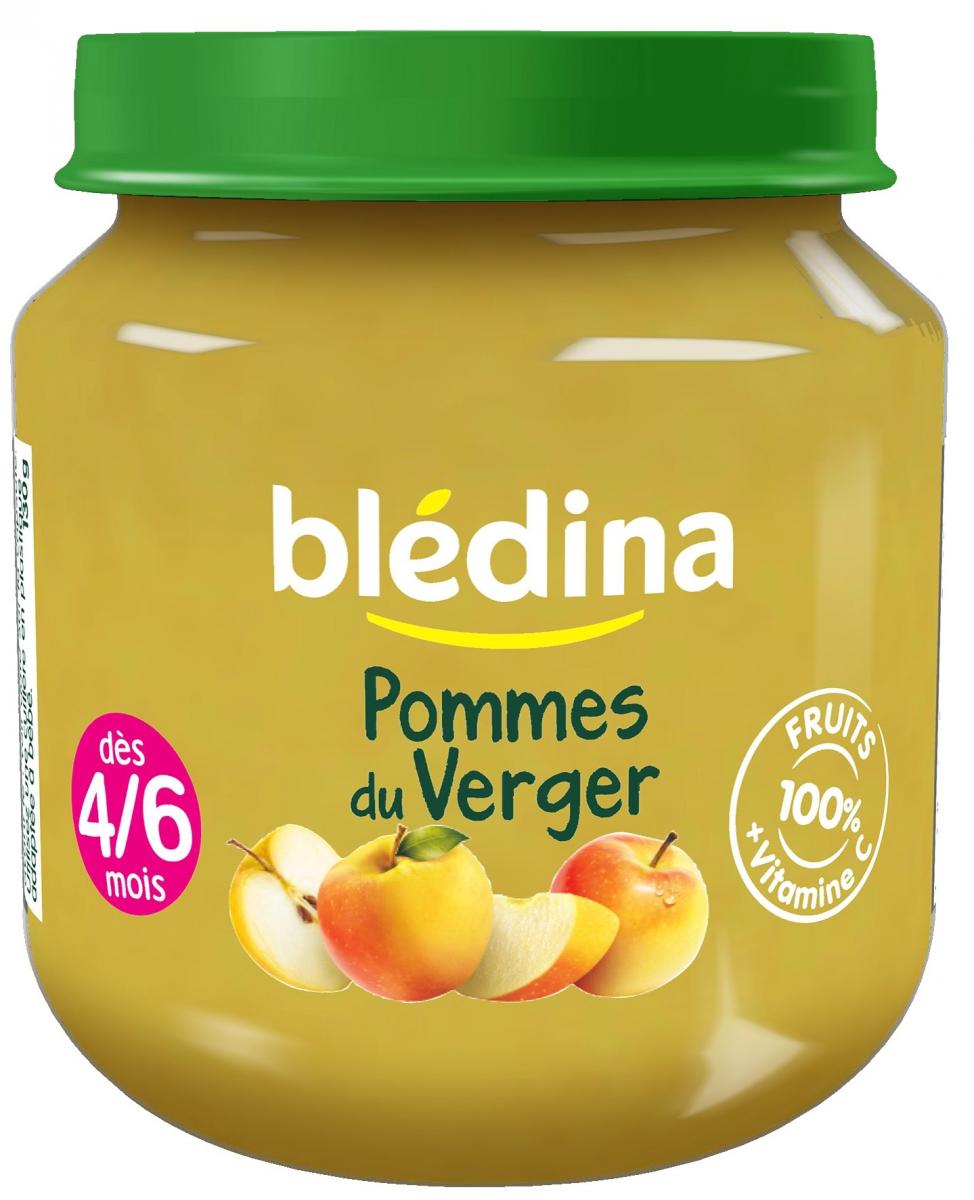The food processing industry is no exception when it comes to issues on climate change. Food manufacturer Danone is doing its share in reducing emissions with the help of DuPont Tate & Lyle.
Bio-based, sustainable heat transfer fluids using DuPont Tate & Lyle Susterra® propanediol reduces energy consumption and environmental impact at the Danone Blédina, Brive site, the food manufacturer’s largest factory for infant foods in Europe. Climalife, Europe’s specialist in cooling fluids and refrigeration uses Susterra® propanediol as the primary ingredient in their range of Greenway® Neo heat-transfer fluids, which is helping Danone reduce its carbon footprint.
DuPont Tate & Lyle Bio Products works with leading heat transfer fluid manufacturers, such as Climalife, that leverage the company’s bio-based glycol, as the primary ingredient in their range of Greenway® Neo heat-transfer fluids. Greenway® Neo heat transfer fluid has a unique composition based on bio-based Susterra® propanediol by DuPont Tate & Lyle Bio Products Company.

Danone Blédina Baby Food (Photo courtesy of Danone Blédina)
As a leader in the food industry, Danone has a vested interest in contributing to the fight against global warming by helping to establish a carbon-free economy. “To bring health through food to as many people as possible, we are committed to achieving long-term zero net carbon through solutions co-created with our partners,” advised Frédéric Lebas, director of the Danone Blédina site in Brive-la-Gaillarde, France.
When replacing the refrigeration system on the Brive-la-Gaillarde site, Nicolas Tomaz, technical manager, refrigeration at Blédina, had to look for an energy-efficient solution that could contribute to reducing the site’s carbon footprint and be in compliance with ISO 14 001 (environmental management system) and 50 001 standards (energy management system). Tomaz, reached out to Climalife, and quickly settled on Greenway® Neo fluid for the secondary refrigerant circuit. “Our goal was to replace R-22 with the most environmentally friendly and energy efficient fluids,” explained Tomaz. “The safety data sheet does not have any hazard warnings or symbols on the label.”
Greenway® Neo heat transfer fluid also is Borax-free as it has been specially formulated leveraging a new generation of organic inhibitors.
Another key aspect of Climalife’s heat transfer fluid that played a significant role in the selection was its performance. Greenway® Neo fluid’s low viscosity profile allowed the site to opt for smaller KSB pumps, enabling significant energy savings. “A reduction in pressure loss of almost 30 percent was impressive,” explained Tomaz. “This was an excellent surprise and as a customer, we are delighted.”
Greenway® Neo heat transfer fluid also adds to the energy savings by enabling smaller pumps and contributes to the carbon-free story. Susterra® propanediol, the glycol used, is manufactured through a proprietary process that uses glucose from natural raw materials instead of petroleum-based feedstocks. The basic materials can be derived from renewable, farm-grown sources including corn — making the promise of carbon neutrality and independence from petroleum a real possibility. From “cradle-to-gate,” the production of DuPont Tate & Lyle Bio Products’ bio-based 1,3-propanediol consumes 40 percent less energy and reduces greenhouse gas emissions by more than 40 percent versus petroleum-based 1,3-propanediol and propylene glycol.
DuPont Tate & Lyle Bio Products will be highlighting this case study while presenting the in tube thermal properties of 1,3-propanediol in terms of its heat transfer coefficient and pressure drop at Interprofessional Refrigeration and its Application Trade Show (SIFA) in Paris, France, on Oct. 3-5. For the full case study on Blédina please visithttp://www.duponttateandlyle.com/susterra-technical-information.
Tubular Doom Sock













